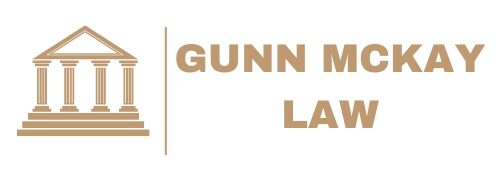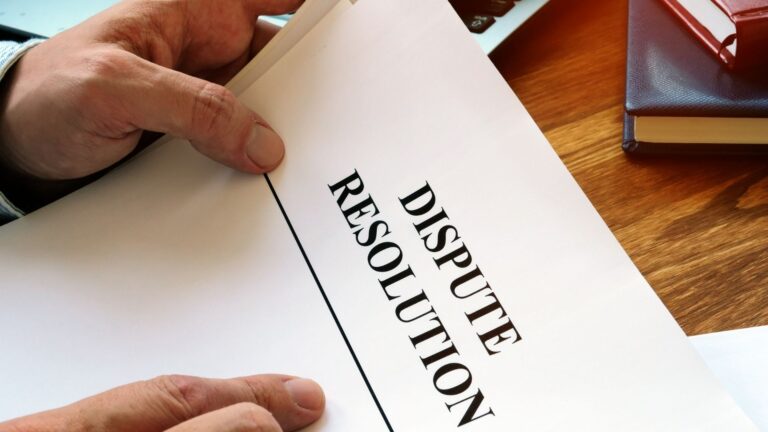In the digital age, online publishing has radically transformed the dissemination of knowledge, giving rise to new possibilities and challenges alike. As a burgeoning writer, blogger, or content creator, it’s vital to be conversant with the legal landscape governing this sphere. Key among these legalities are issues concerning copyright, fair use, and plagiarism. This article seeks to unpack these terms, offering guidance on how to operate within the confines of the law while reaping the benefits of online publishing.
Understanding Copyright
At its core, copyright refers to the exclusive right given to the creator of original content. It grants the author, artist, or programmer the legal authority over their work, dictating the terms of reproduction, distribution, adaptation, and public display or performance. Although copyright laws vary by country, the Berne Convention provides a global standard, stipulating that copyright is automatically vested in the creator the moment they produce an original piece of work.
In the context of online publishing, copyright is indispensable as it safeguards your intellectual property (IP) rights. However, it can also limit your usage of other people’s works. Without proper permissions, utilizing someone else’s work can lead to copyright infringement, leading to possible legal action.
The Doctrine of Fair Use
While copyright law seems overwhelmingly stringent, the concept of ‘fair use’ acts as a crucial legal exception. In essence, fair use permits limited use of copyrighted material without the creator’s permission, provided the usage is transformative and doesn’t negatively impact the potential market for the original work.
Fair use is instrumental in fostering creativity, enabling commentary, criticism, parody, and even educational usage of copyrighted content. However, the boundaries of fair use are blurry, often assessed on a case-by-case basis, considering factors like the purpose, nature, and substantiality of the used portion, and its effect on the potential market value of the original work.
Plagiarism: A Breach of Ethical Conduct
While copyright infringement is a legal transgression, plagiarism is more an ethical violation. It involves presenting someone else’s work as your own without crediting the original author. In the realm of online publishing, plagiarism is rampant due to the ease of copying and pasting digital content.
Though not typically punishable by law (unless it involves copyright infringement), plagiarism can severely damage your reputation as a writer or publisher. Plagiarism-checking software is ubiquitous online, and caught instances can lead to loss of professional credibility, job dismissal, and academic penalties.
Strategies for Navigating Legal Issues in Online Publishing
Awareness and understanding of these legalities are the first steps toward lawful online publishing. Here are some additional strategies to consider:
- Respecting Copyright Laws: Always seek permission when using copyrighted material, or use copyright-free or Creative Commons licensed content that allows for reuse and modifications.
- Understanding Fair Use: Consult legal professionals if you’re uncertain whether your use of copyrighted material falls under fair use. It’s a complex doctrine and may need professional input.
- Citing Properly: Avoid plagiarism by correctly citing your sources, and giving due credit to original creators. There are numerous citation styles (MLA, APA, Chicago), so adhere to the most relevant for your work.
- Using Plagiarism Detection Tools: Use online software to cross-verify your content for any unintentional plagiarism before publishing.
- Educating Yourself: Stay abreast of legal developments in online publishing. Laws and their interpretations change over time, so continuous learning is key to lawful publishing.
Online publishing, with its potential for wide dissemination of content, holds immense promise for creators. However, with great power comes great responsibility. Navigating the legal labyrinth of copyright, fair use, and plagiarism can be challenging, but it is crucial in ensuring your publishing journey is both ethical and lawful.


